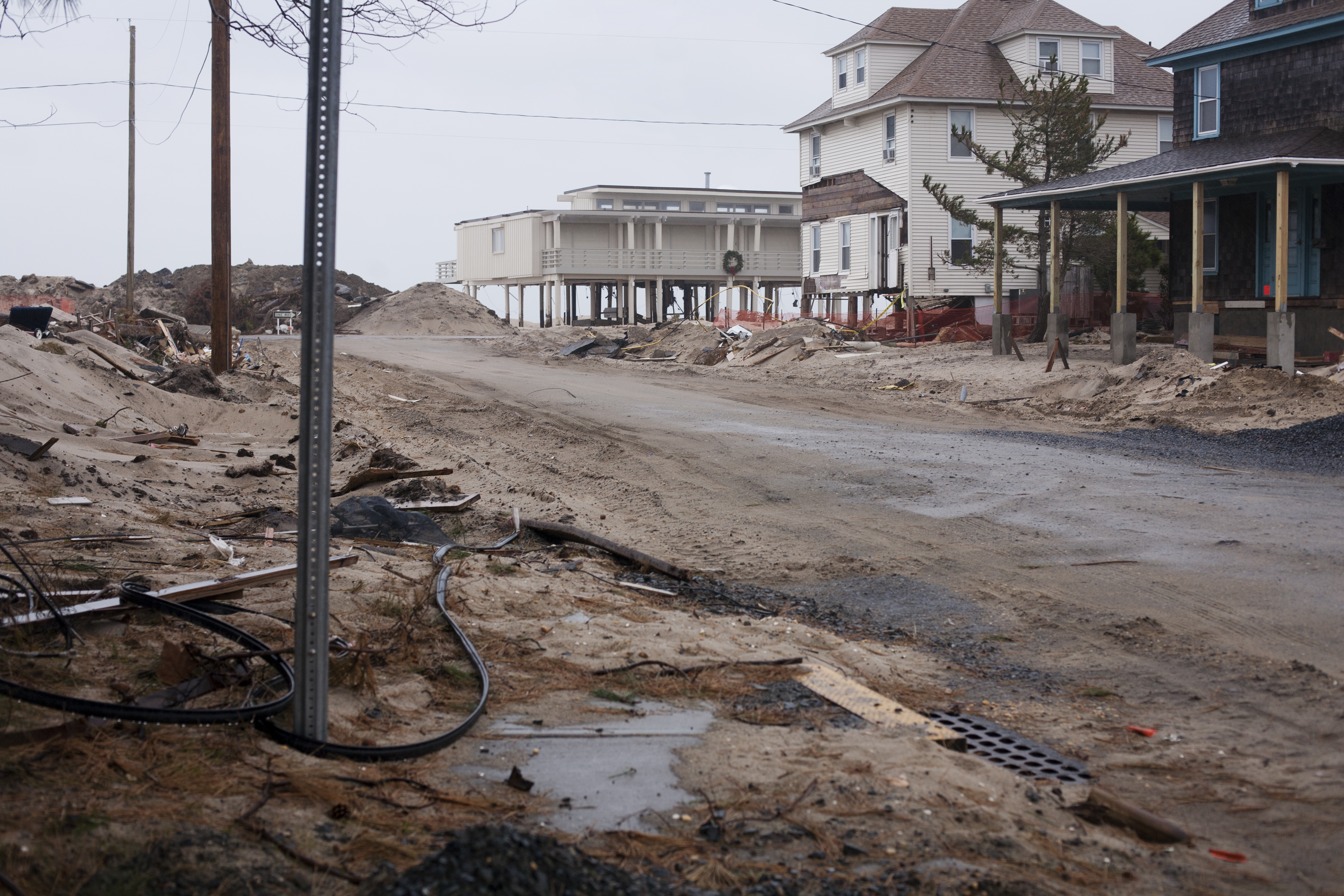Flood waters begin to rise into your home, and police lines are busy because first responders are out in the field during the hurricane. What are you and your family supposed to do while all this is happening? Where are you supposed to go? Who are you supposed to turn to? What do you do after it’s passed and pieces of your home and life are in rubble?

These are very real questions people ask in the face of disasters, both natural and man-made. That’s why organizations across the country offer Preparedness Courses. In NJ, Foster and Adoptive Family Services created the free Disaster Preparedness home correspondence and online courses for NJ licensed resource families.
The idea for the course started in March 2013.
“This was right after (Hurricane) Sandy,” trainer and course author Megan Ryan said. “There was a realization that there was a need.”
Disaster Preparedness Courses for Resource Parents : The Initial Courses
The first course in the four course series primarily focuses on what to do before an emergency. This includes things such as preparing an emergency kit, drafting a disaster plan and identifying your community’s plan.
It also addresses a wide array of disasters, including hurricanes, flooding, severe winter weather and thunderstorms.
The second course focuses on what to do during a disaster, whether it’s during a hurricane, a blackout or a severe winter storm.
“We always advise to look for instructions from officials, whether it’s on television, the radio, social media,” Ryan said. “You may have to evacuate to a shelter or leave right away.”
Ryan is no stranger to evacuations. During Hurricane Sandy, she had to leave her apartment in Ventnor, NJ before the storm hit. She said she saw that during Sandy most people were prepared for the oncoming storm.
“Irene had scared people,” Ryan said.
The second course also discusses the emotional toll disasters take on children, especially in extreme cases such as an indefinite displacement from their homes.
“A big part of it is staying calm,” Ryan said. “We recommend staying calm as children take their cues from you. Be as calm as possible.”
Recovering from the emotional, physical and financial tolls of a disaster is the focus of the third course. The course covers the different types of assistance, from housing aid and disaster loans to federal and state assistance while also addressing coping mechanisms for children and adults.
“It was very helpful. I learned exactly how to prepare for a disaster,” a foster parent who took the course said.
Disaster Preparedness Courses for Resource Parents : The New Course
While the first three courses deal with natural disasters, the newest course in the series shifts gears and focuses specifically on man-made disasters.
“It’s a little scarier,” Ryan said. “But it helps to be prepared.”
As technology continues to advance and evolve every day things like cyber attacks, nuclear power plant accidents and hazardous material incidents are subjects that people have to become knowledgeable on to be prepared for anything.
“The courses are very helpful and very informative for the times we live in today,” a foster parent said.
Each course counts as 3 hours in-service training. Primary provider resource parents are required to take 7 hours annually or 21 hours over a 3 year licensing cycle.
To learn more about these free courses for NJ licensed resource parents as well as others, visit FAFS’ home correspondence page.
